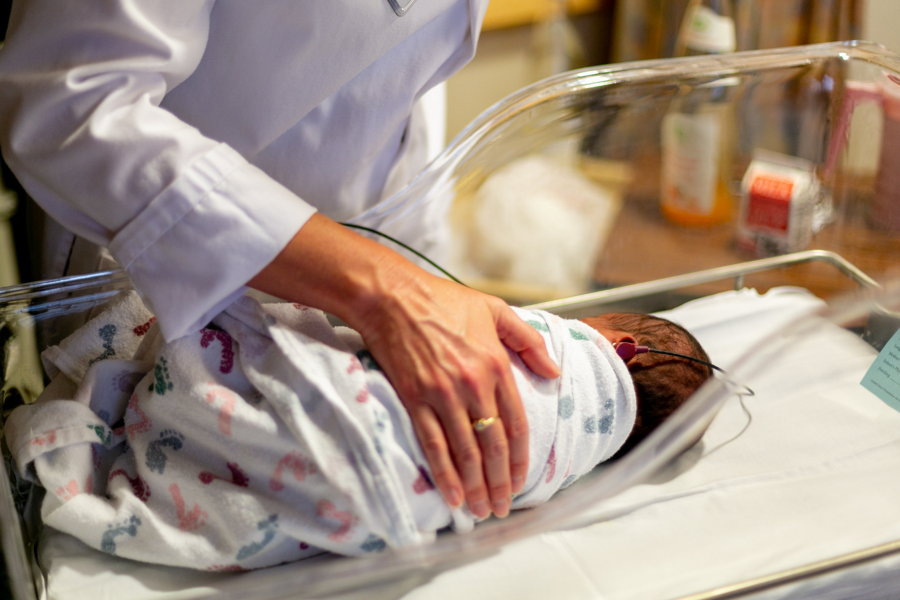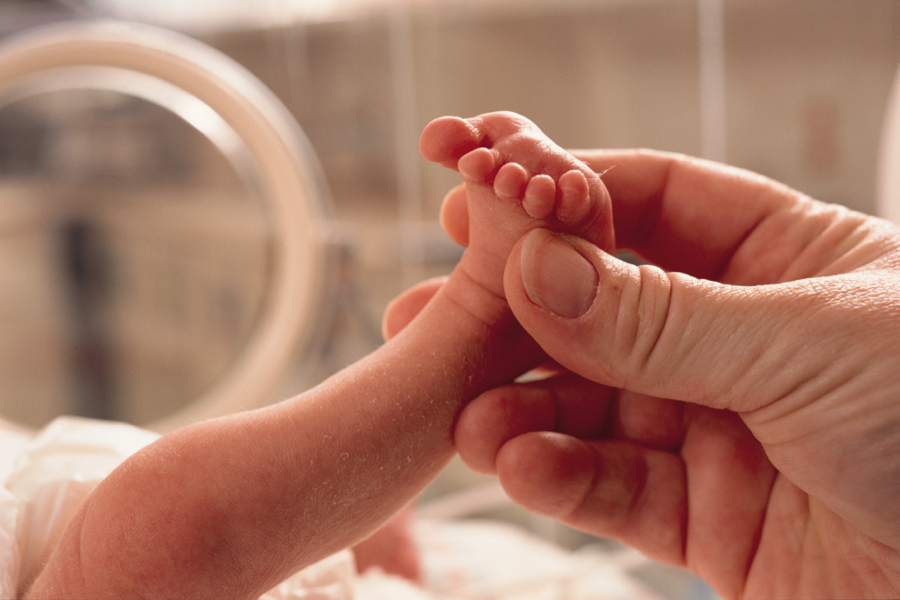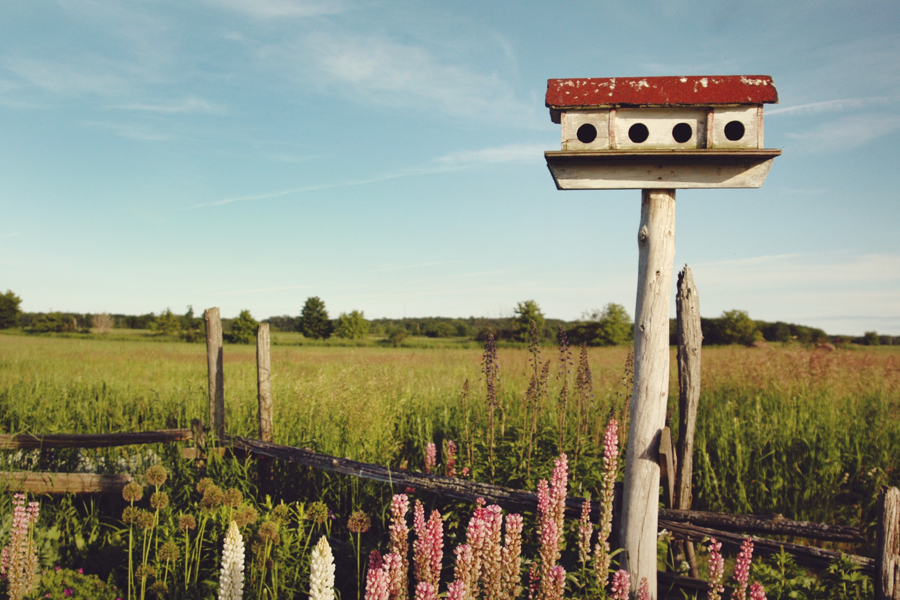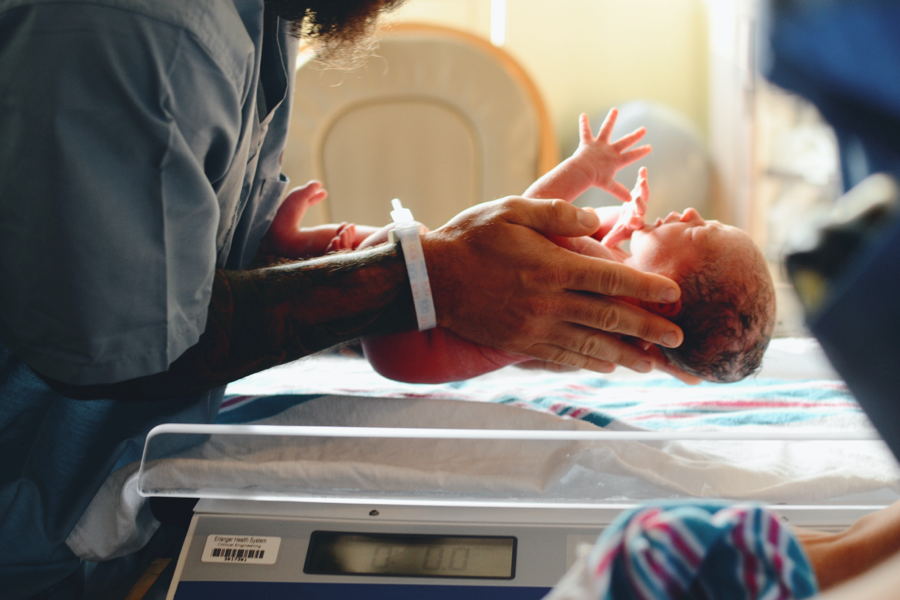
HIGHER EDUCATION
The Importance of Lifelong Learning for Neonatal Nurses
-
 EveryNurse Staff
EveryNurse Staff
- Last Updated: 05/11/2023

Neonatal nursing is a specialized field that requires extensive knowledge of neonatal care and a deep understanding of the unique needs of newborn infants. As the landscape of neonatal care continues to evolve, it is essential that neonatal nurses keep up with advancements in technology and best practices. Lifelong learning plays a crucial role in ensuring that neonatal nurses remain competent and knowledgeable throughout their careers.
The Journey of Lifelong Learning
Lifelong learning is the process of acquiring knowledge and skills throughout one’s life to fulfill personal and professional goals. It is an ongoing process of self-improvement that encompasses structured education as well as informal learning experiences. For neonatal nurses, lifelong learning is essential to maintain clinical knowledge and skills and enhance patient care.
As healthcare technology continues to evolve, it is important for neonatal nurses to stay up-to-date with the latest advancements in neonatal care. Lifelong learning provides nurses with the opportunity to expand their knowledge and skills, which can ultimately improve patient outcomes.
Definition of Lifelong Learning
Lifelong learning encompasses a multitude of meanings that may vary depending on the context in which it is used. According to the European Commission, lifelong learning is characterized as “all learning activities undertaken throughout life, with the aim of improving knowledge, skills, and competences within personal, civic, social, and employment-related perspectives.” Conversely, the World Health Organization views lifelong learning as “an essential tool for achieving health and social equity, sustainable development, and economic prosperity.”
Regardless of the specific definition, the significance of lifelong learning cannot be overstated. It stands as a cornerstone of personal and professional growth, capable of fostering a more fulfilling and enriching existence. Embracing the concept of lifelong learning allows individuals to continually expand their knowledge, refine their skills, and enhance their competencies across various domains.
On a Personal Level
At a personal level, lifelong learning promotes intellectual curiosity, critical thinking, and self-improvement. It encourages individuals to embrace new perspectives, broaden their horizons, and explore diverse subjects beyond their immediate sphere of expertise. By engaging in continuous learning, one can unlock their full potential, discover hidden talents, and cultivate a deeper understanding of the world.
On a Professional Level
On a professional front, lifelong learning is an invaluable asset in today’s rapidly evolving job market. Technological advancements, changing industry landscapes, and global trends necessitate the acquisition of new skills and the ability to adapt. By actively engaging in lifelong learning, professionals can stay abreast of emerging trends, acquire cutting-edge knowledge, and remain competitive in their respective fields. Moreover, the commitment to ongoing learning showcases dedication, versatility, and a growth-oriented mindset, which are highly sought-after qualities in the contemporary job market.
Societal Implications
Beyond personal and professional development, lifelong learning holds broader societal implications. It acts as a catalyst for social cohesion, civic engagement, and active citizenship. By encouraging individuals to develop their social and interpersonal skills, lifelong learning fosters understanding, empathy, and cooperation within communities. It equips individuals with the tools to address societal challenges, contribute meaningfully to public discourse, and actively participate in shaping a better future for all.
Key Components of Lifelong Learning
The key components of lifelong learning include critical thinking, self-evaluation, and self-directed learning. It involves seeking out new learning opportunities, reflecting on previous experiences, and applying new knowledge and skills to one’s practice. In neonatal nursing, these components are crucial in ensuring that nurses remain up-to-date with advancements in neonatal care.
Critical thinking allows nurses to analyze complex situations and make informed decisions based on evidence-based practice. Self-evaluation helps nurses identify areas where they need to improve and develop a plan for achieving their goals. Self-directed learning empowers nurses to take control of their own learning and pursue opportunities that align with their personal and professional interests.
The Evolving Landscape of Neonatal Nursing
The landscape of neonatal care is continuously changing. New technologies and medical advancements are transforming the way in which neonatal care is delivered. For example, advances in genetics are allowing neonatal nurses to identify genetic disorders earlier, which can lead to earlier interventions and better outcomes for infants.
In response to these changes, neonatal nurses must expand their knowledge and skills. This is where lifelong learning comes into play. By continually learning and adapting to new practices, neonatal nurses can provide optimal care for premature and sick infants. They must also stay up-to-date on the latest research and best practices in neonatal care.
Benefits of Lifelong Learning for Neonatal Nurses
Lifelong learning offers many benefits for neonatal nurses. It enables them to maintain their clinical competence, stay up-to-date with advancements in neonatal care, and improve patient outcomes. However, the benefits of lifelong learning extend beyond just patient care. It also supports personal and professional growth, which can enhance job satisfaction and overall well-being.
Enhancing Clinical Competence
Keeping Up with Advances in Neonatal Care
Advancements in neonatal care occur rapidly. By engaging in lifelong learning, neonatal nurses can stay informed about the latest treatments and technologies. This knowledge helps them to improve patient outcomes and stay ahead of the curve in their practice. For example, neonatal nurses who stay up-to-date on the latest research and best practices may be better equipped to identify and respond to potential complications in premature infants, such as necrotizing enterocolitis or retinopathy of prematurity.
Improving Patient Outcomes
Lifelong learning is vital to improving patient outcomes. Neonatal nurses who engage in continuing education and stay informed about research and best practices provide better care for their patients. By applying new knowledge and skills, they can improve the quality of care they provide. For example, neonatal nurses who learn about the benefits of skin-to-skin contact may be more likely to encourage and support this practice with parents, which can improve bonding and promote infant health and development.
Personal and Professional Growth
Lifelong learning supports the personal and professional growth of neonatal nurses. It allows them to develop new skills, advance their nursing careers, and take on new challenges. This growth enhances their job satisfaction and helps them to provide better care for their patients. In addition, lifelong learning can help neonatal nurses to build a professional network of colleagues and mentors, which can provide support and guidance throughout their careers.
Strategies for Lifelong Learning in Neonatal Nursing
Neonatal nursing is a challenging and rewarding field that requires a commitment to lifelong learning. As medical technology evolves, neonatal nurses must stay up-to-date with the latest research and best practices to provide the best possible care for their patients. There are several strategies that neonatal nurses can employ to engage in lifelong learning.
Continuing Education Opportunities
Continuing education opportunities are an essential part of lifelong learning for neonatal nurses. Conferences, workshops, and online courses provide neonatal nurses with access to the latest research and best practices. These opportunities allow them to stay up-to-date with advances in neonatal care and expand their knowledge and skills.
Attending conferences and workshops also provides neonatal nurses with the opportunity to network with other professionals in their field. They can exchange ideas, share experiences, and learn from their peers. This collaboration with interdisciplinary teams improves patient care and increases the likelihood of positive patient outcomes.
Staying Informed on Research and Best Practices
Staying informed on research and best practices is crucial for neonatal nurses. They should regularly review journals and attend conferences to stay informed about the latest findings. This knowledge enables them to provide optimal care for their patients.
Neonatal nurses should also seek out opportunities to participate in research studies. By participating in research studies, they can contribute to the advancement of neonatal care and gain valuable experience in the research process.
Reflective Practice and Self-Assessment
Reflective practice and self-assessment involve reflecting on past experiences and assessing one’s knowledge and skills. This approach allows neonatal nurses to identify areas for improvement and develop a plan for lifelong learning.
Neonatal nurses can engage in reflective practice by keeping a journal of their experiences. They can reflect on the challenges they faced, the decisions they made, and the outcomes of their actions. This reflection can help them identify areas where they can improve their clinical skills and knowledge.
Self-assessment involves assessing one’s knowledge and skills to identify areas for improvement. Neonatal nurses can use self-assessment tools to evaluate their clinical skills and knowledge. They can then develop a plan for lifelong learning that addresses their areas of weakness.
Conclusion
Engaging in lifelong learning is essential for neonatal nurses to provide the best possible care for their patients. Continuing education opportunities, professional networking and collaboration, staying informed on research and best practices, and reflective practice and self-assessment are all strategies that neonatal nurses can employ to engage in lifelong learning. By committing to lifelong learning, neonatal nurses can continually improve their clinical skills and knowledge and provide the best possible care for their patients.















